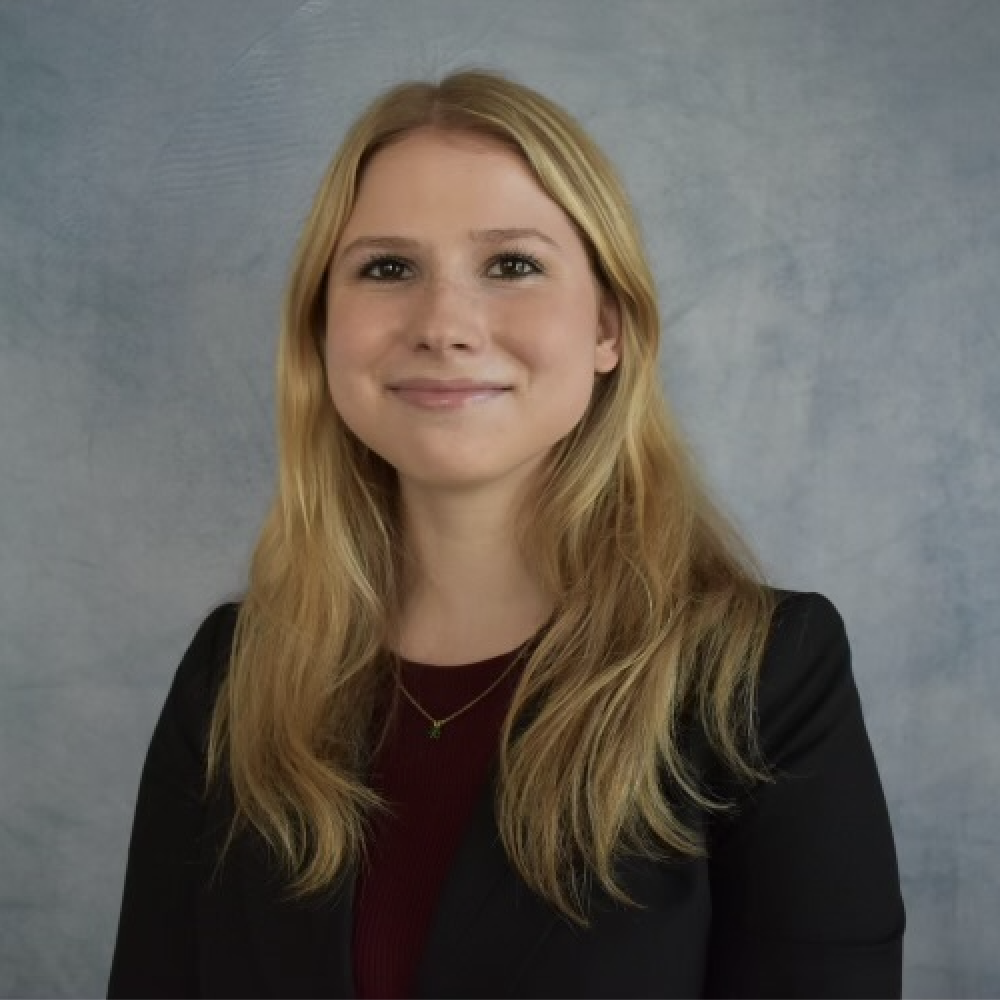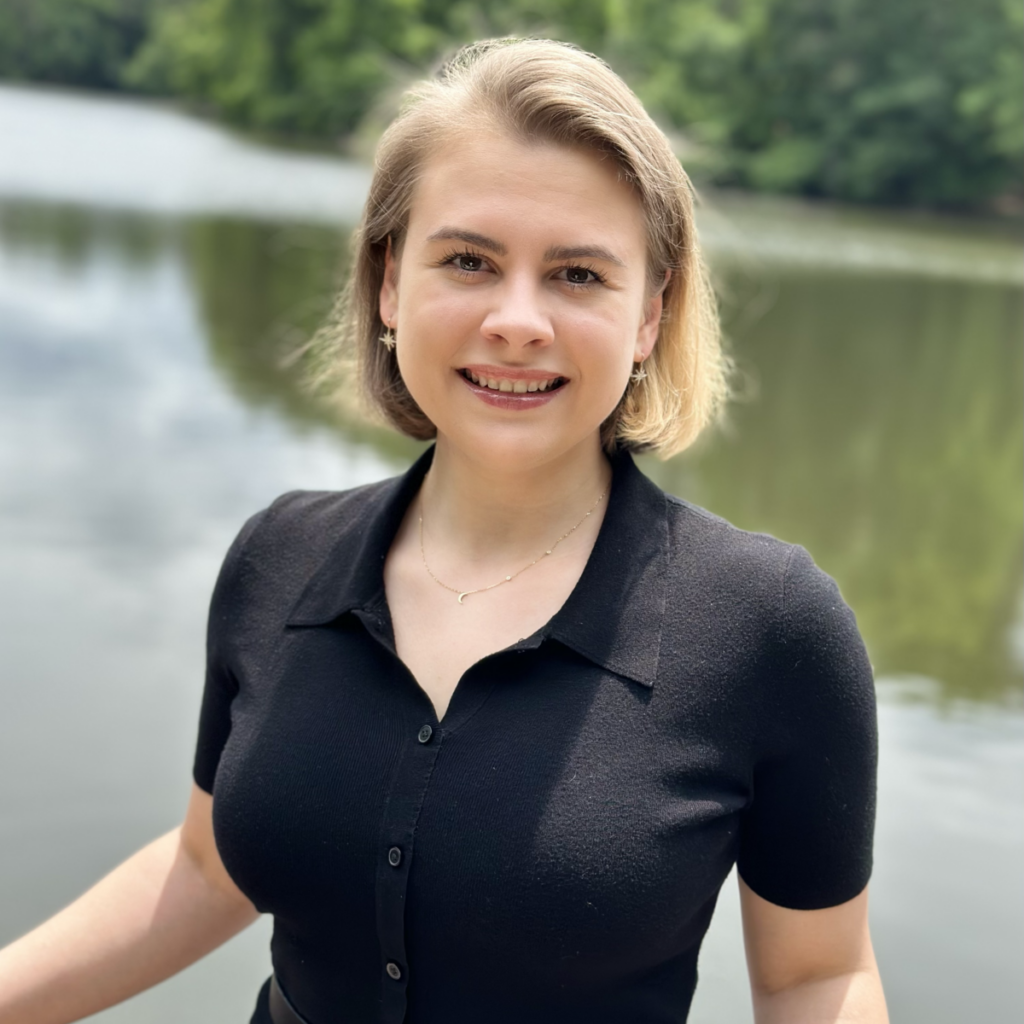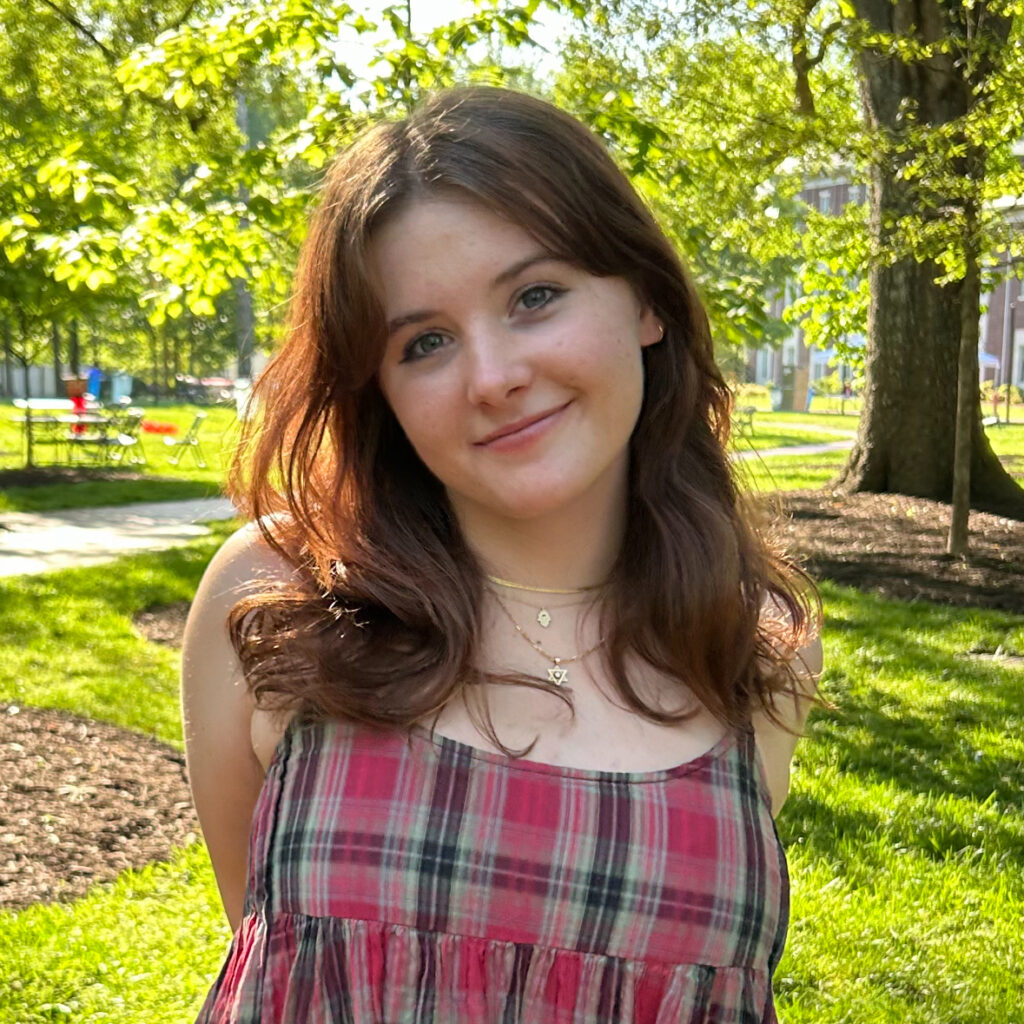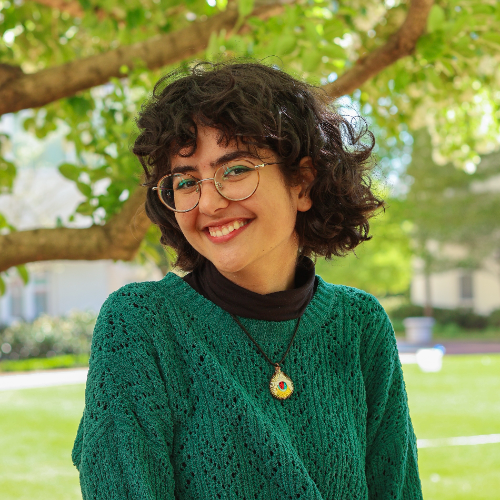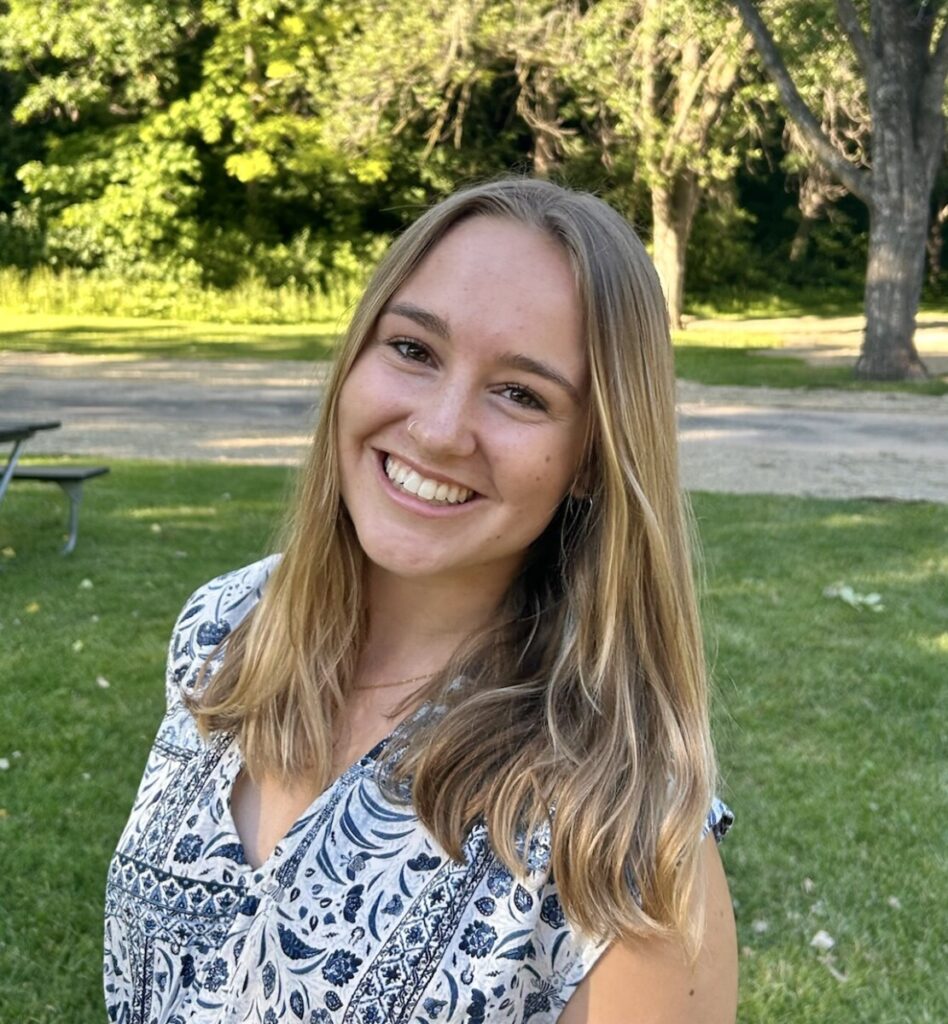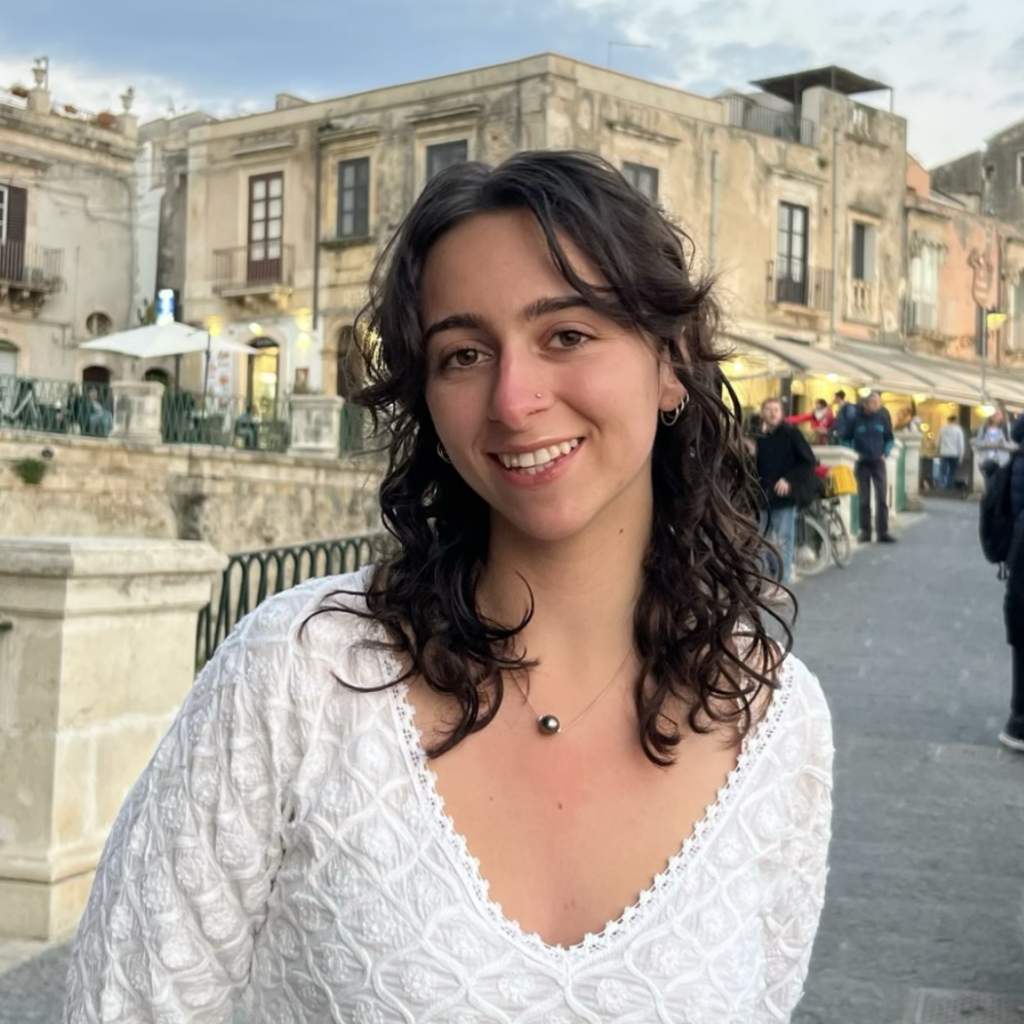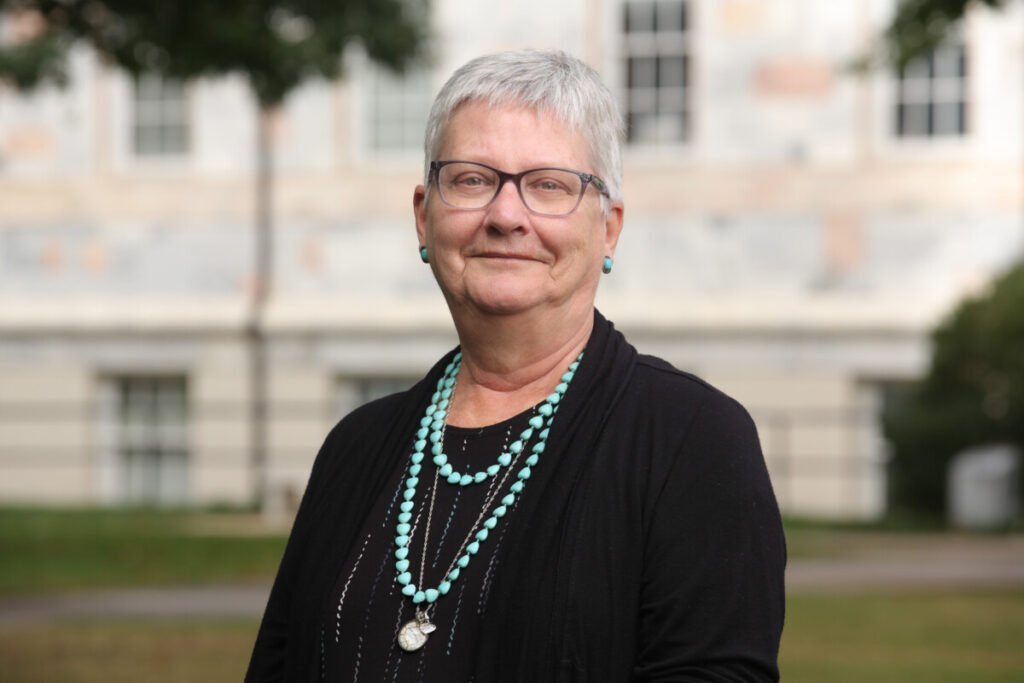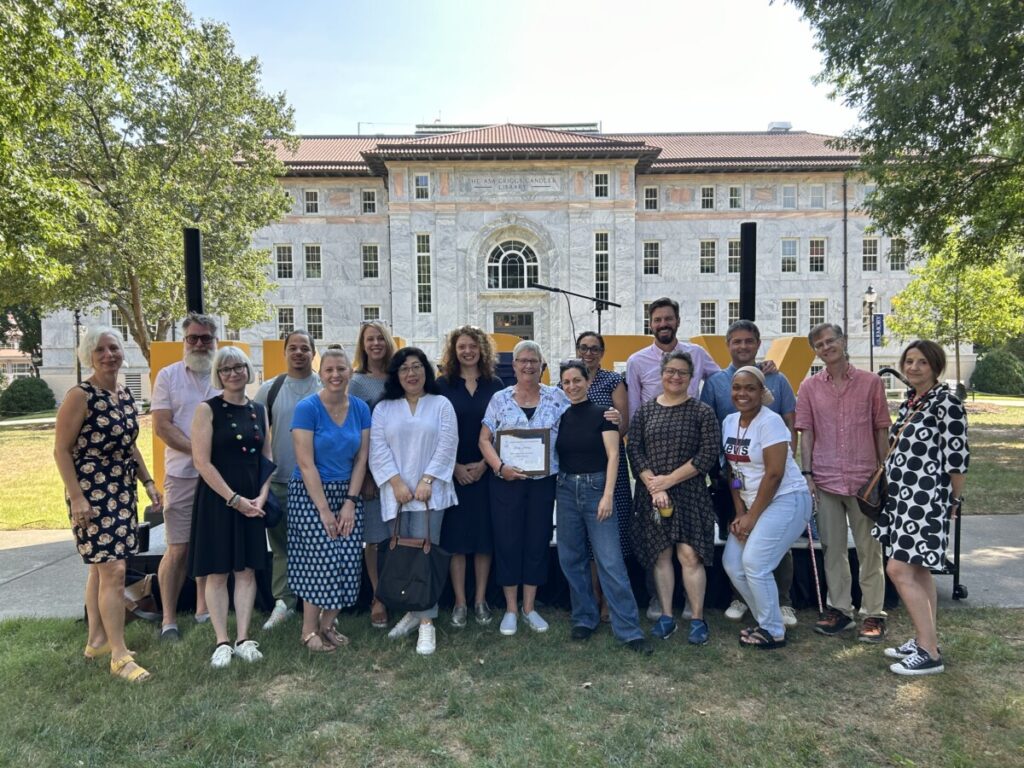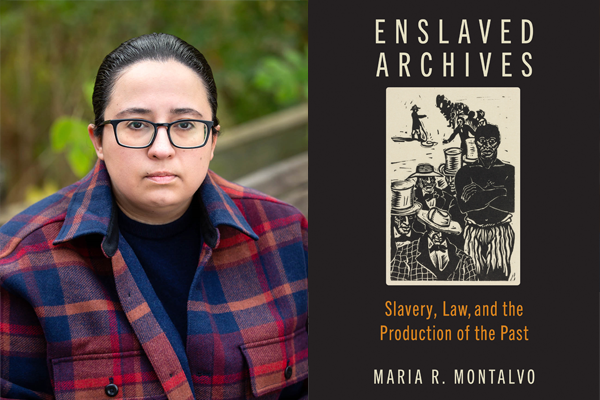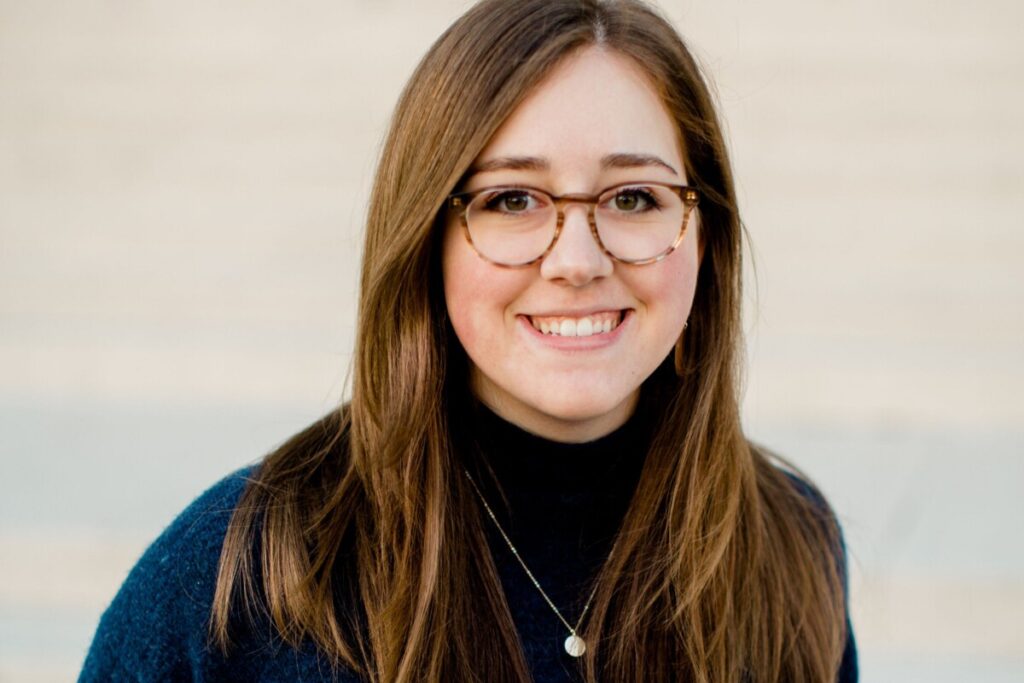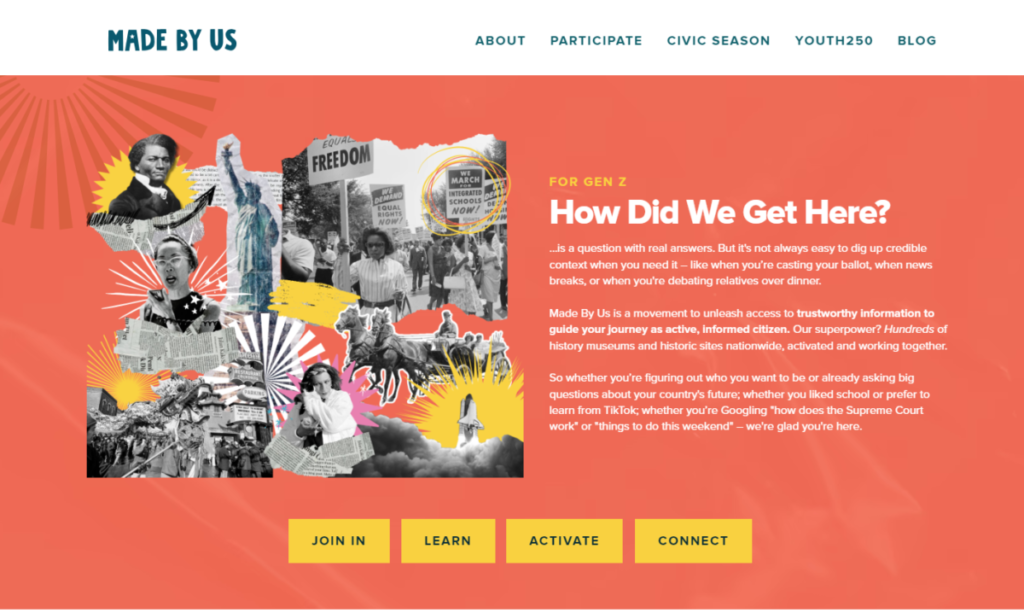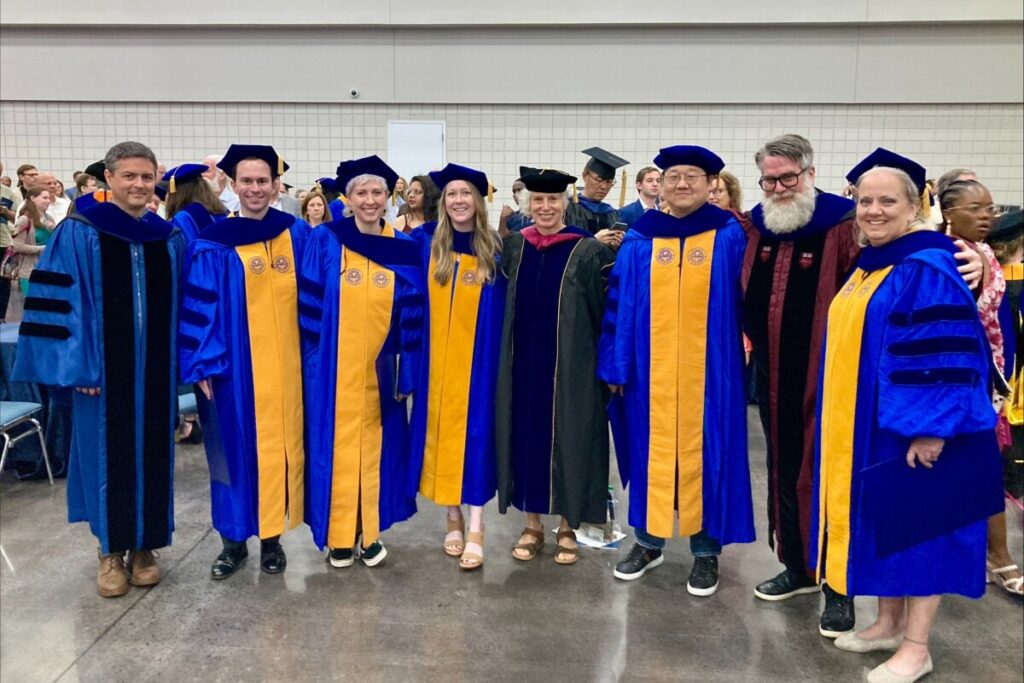Dr. Maria R. Montalvo, Assistant Professor of History, recently published her first book, Enslaved Archives: Slavery, Law, and the Production of the Past, with Johns Hopkins University Press. The book explores the relationship between the production of enslaved property and the production of the past in the antebellum United States. Stephanie E. Jones-Rogers, Associate Professor of History at UC-Berkeley, described Montalvo’s work as “a profound ‘history within a history’ of slavery” and “a welcome, necessary addition to the study of the American slave trade.”
In the Q&A below, Dr. Montalvo gives us a glimpse into the making of the monograph as part of the History Department’s New Faculty Publications series.
Books are produced over years if not decades. Give us a sense for the lifespan of this book, from initial idea to final edits.
I started working on my book, in the form of a dissertation, in graduate school. If we count from the first time I set foot in the archive, then I started trying to figure out what I was going to write about in 2014. I like to think that I found my project in the archive, specifically, the New Orleans Public Library, which houses civil and criminal court records from New Orleans between 1803 and the 1920s. When I arrived, I knew I was interested in finding warranty disputes that centered on enslaved individuals, but I had no idea what it would take to find exactly what I was looking for or how my project would change during the looking. I don’t remember a specific lightbulb moment, when I knew exactly what I was doing or where it was all going. I remember a lot of little moments, alone with the lawsuits I’d found, in the library with friends and colleagues, or in my advisor’s office, when smaller things started to click and ideas began to come together. The book bears my name alone, but I did not write or conceive of it by myself. In the ten-year lifespan of putting this thing together, I’ve been able to lean on mentors, friends, editors, and colleagues. I couldn’t have written the book, or finally decided it was finished, on my own.
What was the research process like?
The research process was intense and time consuming. I looked through over 18,000 sets of civil court records while also trying to create a new, more efficient way of interacting with these sources. Sifting through thousands of court records took a lot of time and effort, as did closely reading the relevant ones and working to make sense of them. The result of all that time and effort is miles of notes and diary entries wherein my analysis began to take shape. Looking back, I’m glad I wrote down as much as I did about my process. It helped when it came to thinking through things, remembering what I’d seen in the archive, and of course, writing.
Are you partial to a particular chapter or section?
I think I’m partial to chapter one, which is and is not about an enslaved child named John. When I wrote my dissertation, I overlooked John, mentioning him, I think, 6 times in a chapter that he was not at the center of. I unwittingly brushed him aside in the interest of telling a more detailed story. And once I realized what I’d done, I wanted to see what it would mean to put John—someone who we find and lose in a single contract—at the center of his own history. The end result is not something that generates new biographical information about John, that’s unfortunately something we can’t do. But it is something that gets us closer to making sense of the world he lived in and the choices he may have believed he had.
How does this project align with your broad research agenda?
As a historian, I’m motivated by questions about how power is created, used, and preserved over time. My book centers on exploring the relationship between the production of enslaved property and violence, both historical and archival. In that way, it’s about the origins and extent of enslavers’ power over the people they enslaved. On the horizon, I see myself continuing to interrogate archival production as a means of understanding the entanglements of race, capitalism, and the freedom in the nineteenth-century United States.


